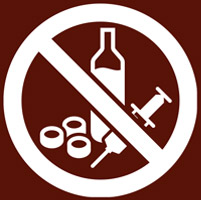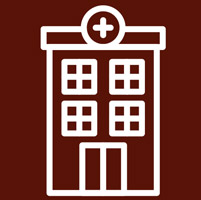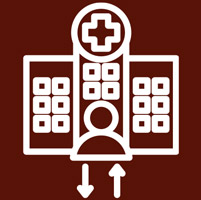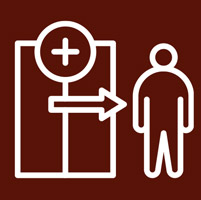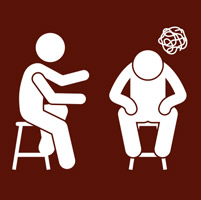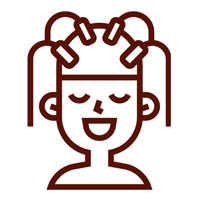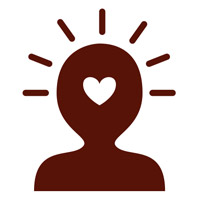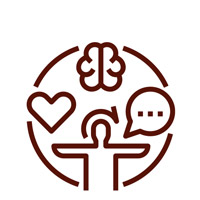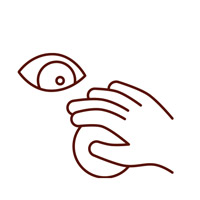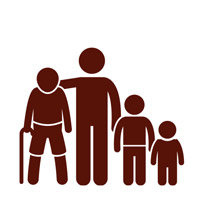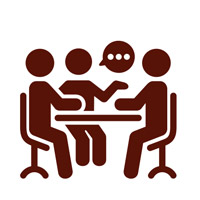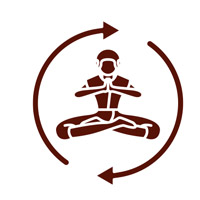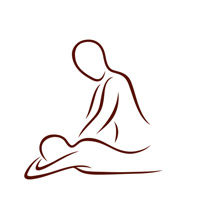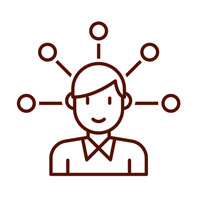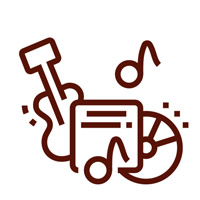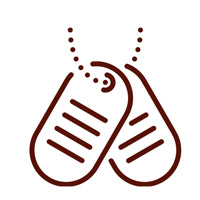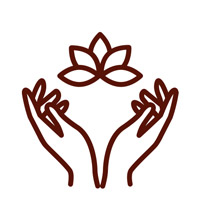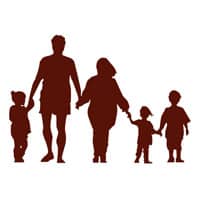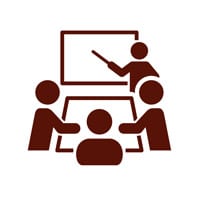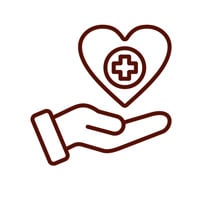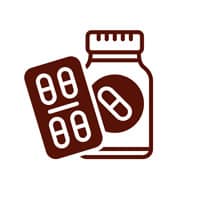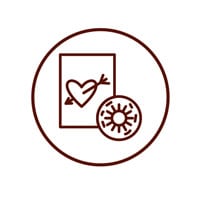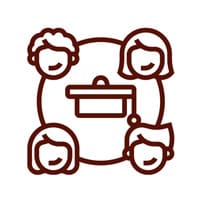Programs
Learn More About Our New Jersey Mental Health & Substance Abuse Treatment Center
Request a Callback
How Do We Transform Mental Health & Substance Abuse Treatment in New Jersey?
Relevance Recovery is at the forefront of transforming mental health and substance abuse treatment in New Jersey. With a commitment to evidence-based practices and compassionate care, we are revolutionizing the way individuals access and experience recovery.
Our comprehensive programs integrate the latest research and therapeutic techniques to provide holistic support for those struggling with mental health and substance use disorders.
By prioritizing individualized care and holistic therapies, Relevance Recovery is reshaping the landscape of mental health and substance abuse treatment in New Jersey, offering hope and healing to all those in need.
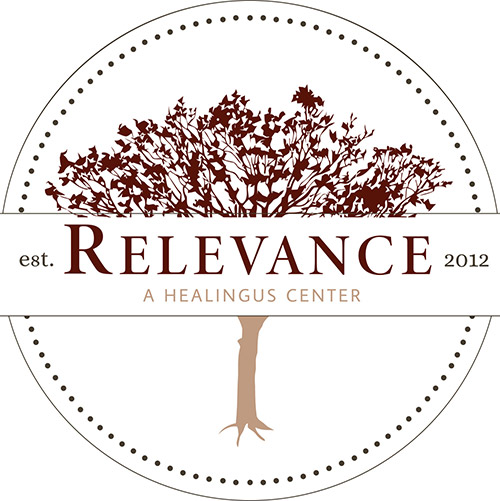
Individualized Treatment

Our PHP program includes a minimum 2-3 hours a week of individual sessions with specialized, licensed outpatient counselors including the following:
- Master’s Level Clinician
- Spiritual Advisor
- DBT Specialist
- Medical Director
- Psychiatric Evaluation
- Individual Case Manager
- Genetic and Vitamin
- Deficiency Testing
- Equine Therapy, Massage Therapy, and More
Have more questions?
Contact our admissions team at 866-753-4558
What Are Our Multiple Pathways To Recovery?
There are many paths of treatment for recovery in mental health and substance abuse. People will choose their recovery pathway based on cultural values, socioeconomic status, psychological and behavioral needs, and the nature of their substance use disorder. With such a personal and varied stake it is impossible to categorize every single type of recovery. However, there are several large areas that recovery falls into.
This is a refreshing approach to drug and alcohol abuse treatment as most centers are focused on a singular pathway. At Relevance, our addiction treatment facility in New Jersey, clients are exposed to all of them and allowed to choose which they want to practice and apply.
- 12 Step Fellowship
- SMART Recovery
- Refuge Recovery (Buddhist)
- Recovery 2.0
- Celebrate Recovery
- Faith-Based


We provide an extensive range of therapies.
Our Mission is You.

Mental Health Treatment
Our mental health treatments encompass various aspects of our psychological wellbeing, including emotional, cognitive, and behavioral functions.
At Relevance Recovery, we offer comprehensive therapy in a supportive environment. Our approach integrates holistic techniques and cutting-edge treatments like esketamine and genetic testing.
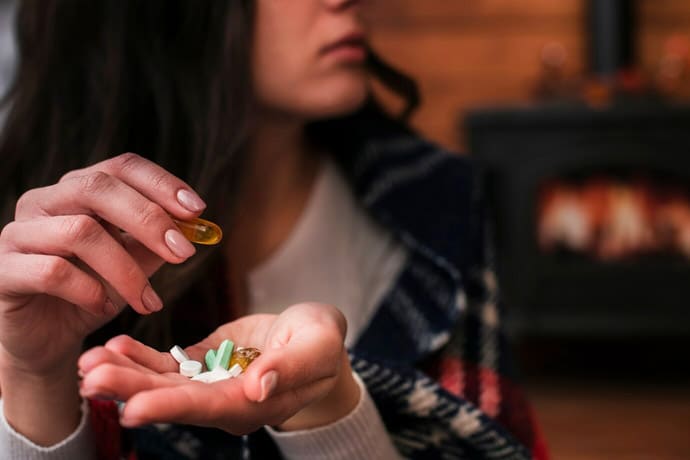
Substance Use Treatment
We recognize that therapy effectiveness varies among individuals.
Our Master’s level clinical team at Relevance Recovery integrates a multi-pathway approach to addiction treatment into our programming. This approach includes the latest evidence-based therapies and approaches.

Aftercare & Sober Living
After rehab, it’s crucial to have a plan for sober living and rebuilding your life. Consider sober living homes, join support groups, continue therapy, maintain a healthy lifestyle, and engage in hobbies.
Our partner programs offer strong accountability and peer support to help you rebuild your life and inspire lasting recovery.
Additional Services
Other Resources
tap below to learn more.


